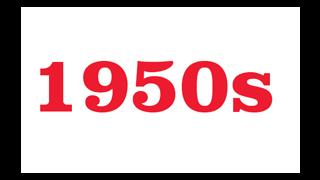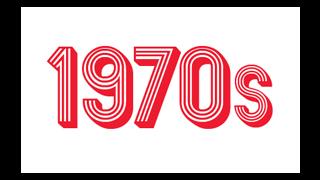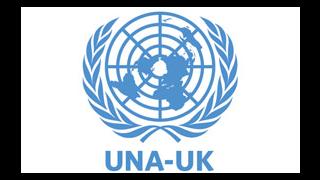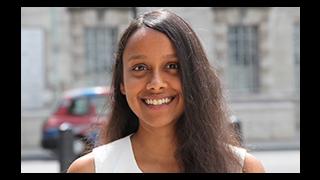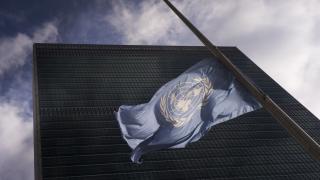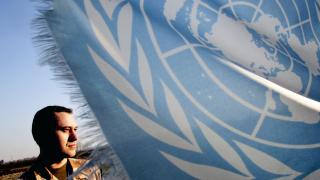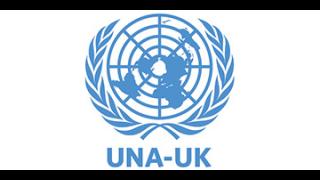
70 years after the UN was created, the world is facing challenges that its founders could not have conceived, such as climate change and cyber warfare. But arguably the biggest problem it must confront is the same now as it was then: displacement.
In 2015, the number of displaced persons rose to nearly 60 million – more than at any time since records began. Recent conflicts in Syria and South Sudan, for example, have forced millions to flee their homes, while longstanding emergencies, such as those in Afghanistan and Somalia, continue to cause massive displacement. Other factors, from poverty to water scarcity, are also uprooting people.
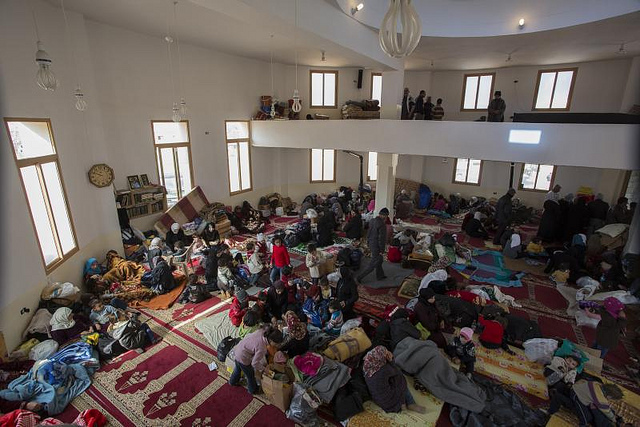
Most of those displaced stay within their own borders. Last year, the number of internally displaced people was a staggering 38 million. Nearly 90 per cent of those who do cross borders live in developing countries, often neighbouring states. Lebanon, for example, has taken in a quarter of Syria’s four million refugees. A quarter of its population is now Syrian. Ethiopia is the largest refugee-hosting country in Africa, with some 200,000 from South Sudan alone. After their “Arab Spring” upheavals, Tunisia and Egypt have received the bulk of Libyans fleeing the country.
Since 1951, the UN Refugee Agency (UNHCR) has helped millions of people to restart their lives. Today, it provides assistance to more than 46 million people in 123 countries. But it has repeatedly warned that this work is not sustainable. António Guterres, UN High Commissioner for Refugees, has said that while global humanitarian funding is higher than ever, it has not kept pace with growing needs. Increasingly, humanitarian actors are serving as substitutes for structural assistance and humanitarian funding is being stretched to cover things it should not.
He has called on rich countries to do more: on funding, on conflict prevention and in taking in refugees. At present, Turkey is the only OECD country to feature in the top 10 refugee-hosting states. The scaling back of efforts to handle asylum seekers in the Mediterranean has not reduced the numbers arriving – over 100,000 so far in 2015, mostly from Syria, Afghanistan, Iraq and Somalia – but has seen casualties soar.
Just like its predecessor in the aftermath of the Second World War, UNHCR needs to sell the idea that refugees will make good citizens. There are plenty of stories to choose from: Tahir, who fled Afghanistan aged 13 and who is now an architect in Greece; Subba, a Bhutanese refugee in Nepal, who is helping Nepalese families to rebuild their lives following this year’s earthquake; Nabi, a former refugee from Pakistan who helped Afghanistan qualify for the 2015 cricket world cup; Mohammed, an Eritrean refugee in Sudan, who has just won a scholarship in the Netherlands; and Saido from Burundi, a Premier League footballer who has played for his host country England’s national team.
Photo: Lebanese town opens its doors to newly arrived Syrian refugees. Copyright UNHCR Photo Unit/CC


